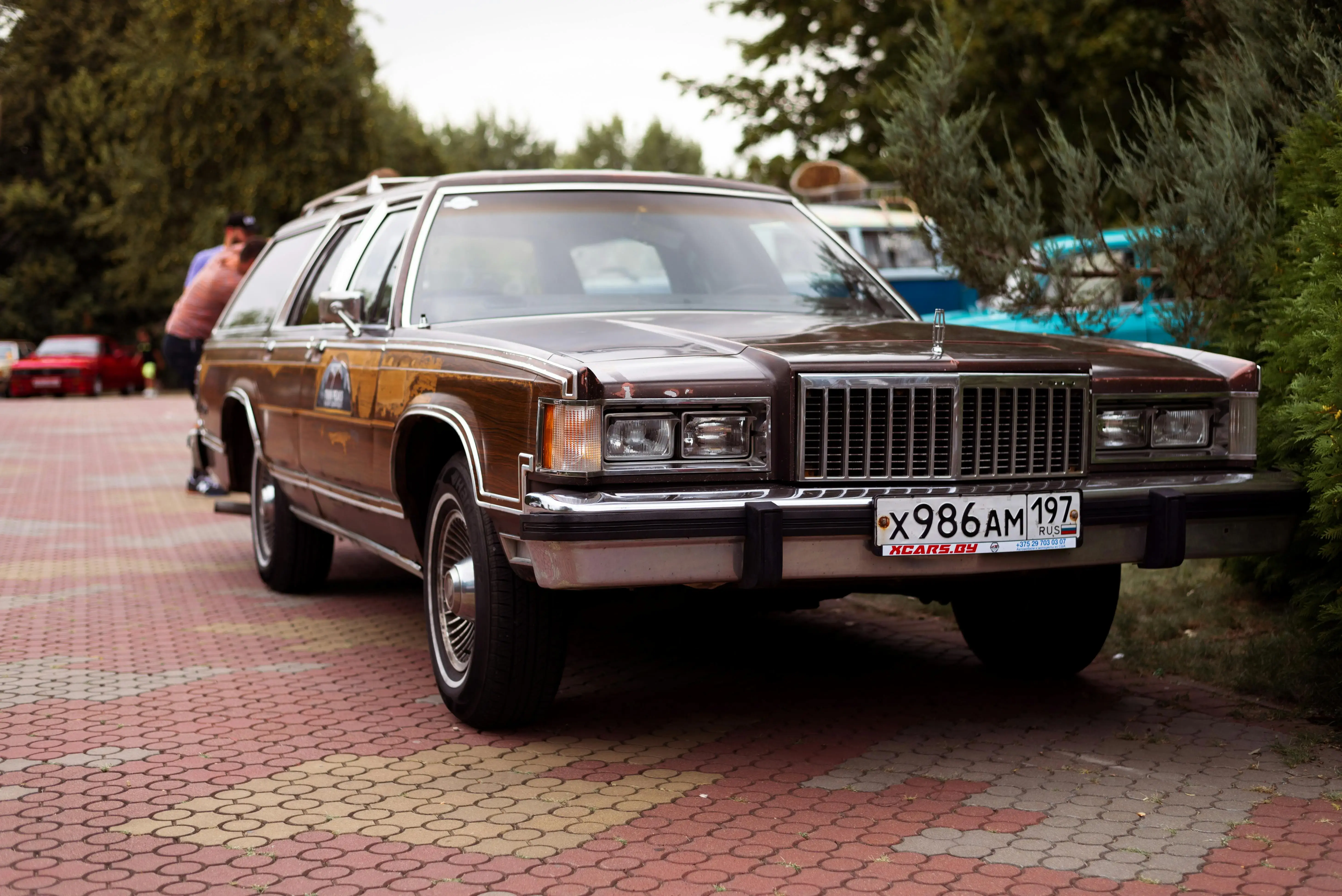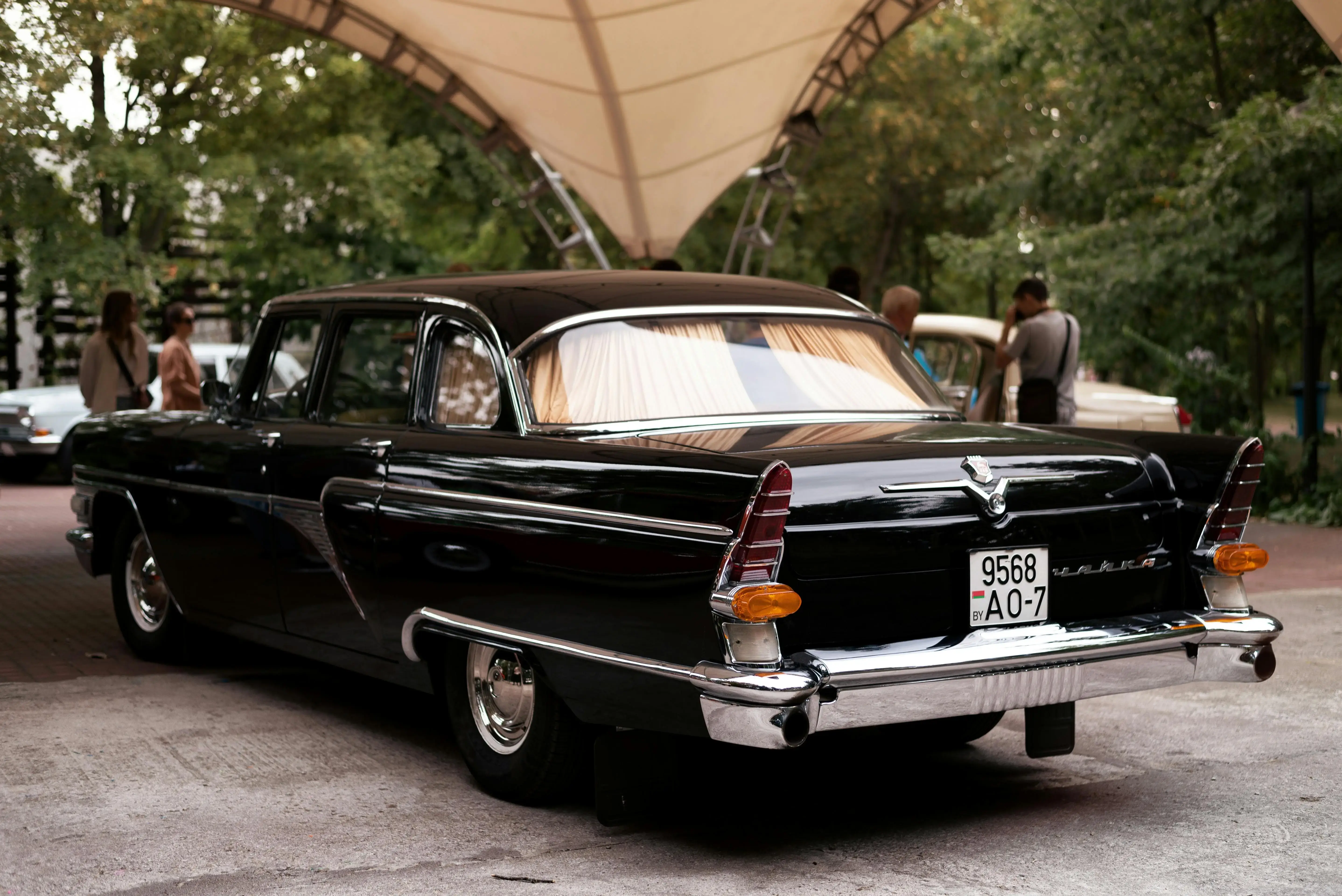Australia Car Import Taxes, Duty-Free Options & Regulations | Complete Guide
Importing a vehicle to Australia involves navigating one of the world's most comprehensive automotive import frameworks, combining moderate basic tax rates with substantial additional costs and strict regulatory compliance requirements. Understanding Australia's complete cost structure—from basic duties and GST through luxury car tax, quarantine processing, and mandatory compliance modifications—enables accurate budget planning and successful vehicle imports.
At West Coast Shipping, our specialized expertise in Australia car shipping ensures comprehensive guidance through Australia's complex import framework, optimizing duty calculations while managing regulatory compliance from initial ROVER approval through final state registration.
Important Cost and Exemption Disclaimers
Before reviewing specific details, understanding these key clarifications prevents costly misunderstandings:
-
Basic Tax Rate Limitations: The reported "basic combined rate" of approximately 15.5% (duty plus GST) applies only to customs duty and GST calculations. This does not include freight, protection, port handling, compliance modifications, quarantine processing, or luxury car tax, which substantially increase total landed costs.
-
Exemption Qualifications: While import duty applies to most vehicles, exemptions or reductions exist for specific categories including temporary imports, certain concessional vehicles, and qualifying personal or diplomatic imports. Eligibility criteria are strict and require professional verification.
-
Cost Estimate Variations: All cost ranges provided are based on industry experience and typical scenarios. Actual costs vary significantly by vehicle size, condition, complexity, service provider selection, and current market conditions.
-
Processing Timeline Variables: Standard processing targets may not apply to complex vehicles, incomplete applications, or peak processing periods, with some cases extending well beyond standard timeframes.
-
Official Source Verification: For current official fees, thresholds, and requirements, consult Australian Border Force, Department of Infrastructure, and Australian Taxation Office websites or engage professional customs brokers.
Understanding Australia's Vehicle Import Tax Structure
Basic Import Duty Framework
Australia applies moderate basic import duties with additional taxes creating comprehensive total import costs requiring detailed planning.
Core Tax Components:
-
Import Duty: 5% of customs-assessed vehicle value for most passenger vehicles, with exemptions available for temporary imports, certain concessional categories, and qualifying personal or diplomatic circumstances
-
Goods and Services Tax (GST): 10% calculated on vehicle value plus import duty plus freight and protection costs
-
Luxury Car Tax (LCT): 33% on vehicle value exceeding applicable thresholds
-
Basic Tax Rate: Approximately 15.5% for duty and GST on vehicle value plus freight, before LCT and additional costs
Ocean Freight Reference:
Container shipping from New York to Sydney typically costs $2,150 with approximately 39 days transit time, which forms part of the GST calculation base.
Import Duty Application:
Import duty applies to most passenger vehicles, though exemptions exist for temporary imports under carnet systems, certain concessional import categories for heritage vehicles, and qualifying personal imports for returning residents or military personnel under specific conditions.
Luxury Car Tax Thresholds and Updated Fuel Efficiency Rules
Australia's Luxury Car Tax creates substantial additional costs for vehicles exceeding specified value thresholds, with significant changes to fuel efficiency qualifications effective July 2025.
2025-26 LCT Thresholds (per Australian Taxation Office):
-
Standard Vehicles: AUD $80,567 for most passenger vehicles
-
Fuel-Efficient Vehicles: AUD $91,387 for vehicles consuming 3.5 liters per 100 kilometers or less (reduced from previous 7.0L/100km threshold)
-
LCT Rate: 33% applied only to vehicle value exceeding applicable threshold
-
Calculation Base: GST-inclusive value including vehicle price, duty, freight, and protection.
Fuel Efficiency Definition Change:
From July 1, 2025, vehicles must consume no more than 3.5L/100km to qualify for the higher threshold, dramatically reducing the number of qualifying vehicles. This change primarily limits the fuel-efficient category to pure electric vehicles and select plug-in hybrid models, significantly affecting many hybrid SUVs and mid-range vehicles that previously qualified.
Comprehensive Additional Import Costs
Government Processing and Compliance Fees
Beyond basic taxes, substantial additional costs significantly impact total import expenses requiring comprehensive budget planning. The following ranges are based on industry experience and may vary:
ROVER System and Documentation:
-
Processing Fees: Variable application fees depending on import category and complexity (fees vary by application type)
-
Documentation Requirements: Typical costs for certified translations, authentication services, and compliance certificates
-
Professional Services: Customs broker coordination and import declaration preparation
Quarantine and Biosecurity Processing:
-
Standard Inspection: Typical range AUD $300-600 for mandatory biosecurity assessment, though costs vary by vehicle condition and inspection requirements
-
Enhanced Treatment: Industry estimates AUD $800-2,000+ for vehicles requiring additional cleaning or treatment, depending on contamination level and treatment type
-
Fumigation: Potential costs in the range of AUD $1,500-3,000+ when required for pest risk management during BMSB seasons
-
Storage Fees: Typically AUD $30-60 per day during quarantine processing, varying by port and facility
Port Handling and Customs Clearance:
-
Container Unloading: Industry estimates AUD $200-500 for professional vehicle removal, varying by port and service provider
-
Port Storage: Typically AUD $30-60 per day during processing, subject to port facility rates
-
Customs Brokerage: Common range AUD $400-800 for professional clearance coordination
-
Documentation Processing: Typical range AUD $200-400 for import declaration and clearance services
Australian Design Rules Compliance
Most imported vehicles require professional modifications to meet Australian Design Rules (ADR), with costs varying significantly by vehicle specifications and required modifications.
Common ADR Modification Estimates (based on industry experience):
-
Headlight Conversion: Typical range AUD $300-800 for Australian beam pattern compliance, varying by vehicle complexity and parts availability
-
Speedometer Modification: Common range AUD $200-500 for kilometers per hour display conversion
-
Daytime Running Lights: Typical range AUD $150-400 for DRL installation or activation
-
Seat Belt Compliance: Industry estimates AUD $200-600 for Australian standard modifications
-
Emissions System Updates: Potential range AUD $500-2,000+ for environmental compliance work
Professional RAW Services:
-
Compliance Assessment: Typical range AUD $300-600 for initial evaluation, varying by workshop and vehicle complexity
-
Total Modification Costs: Common range AUD $1,500-5,000+, though complex vehicles or rare parts may significantly exceed these estimates
Important Note: ADR modification costs vary widely based on vehicle type, required work complexity, parts availability, and workshop selection. These estimates are based on industry experience and professional quotes are essential for accurate budgeting.
Duty-Free Exemptions and Conditional Reductions
Personal Import Exemptions
Australia offers limited duty-free opportunities for qualifying individuals under strict circumstances requiring comprehensive eligibility verification.
Returning Resident Conditions:
Australian citizens and permanent residents may qualify for duty exemptions when meeting specific criteria:
-
Minimum Periods: Vehicle ownership and overseas residency typically requiring 12+ months with overlapping timeframes
-
Documentation: Extensive proof of residency, ownership, and usage patterns
-
Limitations: Generally restricted to one vehicle per person per qualifying period
-
Professional Verification: Eligibility assessment recommended before shipping commitments
Military and Government Personnel
Service members and government personnel may qualify for reductions under specific circumstances requiring official verification.
Qualifying Conditions:
-
Official Assignment Status: Military orders or diplomatic credentials for extended overseas service
-
Vehicle Ownership: Personal vehicle ownership during overseas assignment periods
-
Command/Mission Verification: Official confirmation of status and circumstances
-
Usage Restrictions: Typically limited to personal transportation rather than commercial use
Commercial and Specialized Categories
Limited exemptions exist for specific vehicle types and import purposes under conditional circumstances.
Temporary Import Provisions:
-
Carnet Documentation: International customs documents for vehicles imported temporarily under specific conditions
-
Duration Limitations: Typically restricted to 12 months with potential extensions
-
Purpose Restrictions: Exhibition, demonstration, or specific business use requirements
-
Compliance Obligations: Departure requirements and ongoing monitoring
Concessional Import Categories:
Vehicles over 25 years old may qualify for reduced compliance requirements under concessional import provisions, though standard duties typically still apply unless other specific exemptions are applicable.
Total Import Cost Analysis and Planning
Comprehensive Cost Reality
Accurate import cost forecasting requires analysis beyond published tax rates including all fees, modifications, and professional services that collectively create total landed costs.
Sample Cost Analysis (vehicle value AUD $30,000) - based on industry experience:
-
Ocean Freight: $2,150 USD (approximately AUD $3,225)
-
Import Duty (5%): AUD $1,500
-
GST (10% of inclusive value): Approximately AUD $3,470
-
Additional Processing: AUD $1,300 (estimated quarantine, customs, port handling)
-
ADR Compliance: AUD $2,500 (estimated typical modifications)
-
Professional Services: AUD $800 (estimated coordination and registration)
-
Total Estimated Cost: Approximately AUD $12,795 (43% of vehicle value)
Important Note: This example reflects typical cost components but actual expenses vary significantly based on vehicle specifications, service selection, and processing circumstances. These figures are estimates based on industry experience and should not be considered guaranteed costs.
Strategic Planning Considerations
Professional coordination optimizes total import costs while ensuring regulatory compliance and quality outcomes.
Pre-Import Assessment:
-
Exemption Qualification: Professional verification of potential duty reductions or exemptions
-
Cost Optimization: Strategic vehicle selection and service coordination
-
Timeline Planning: Scheduling optimization avoiding peak processing periods
-
Documentation Preparation: Complete paperwork packages minimizing delays
Professional Service Value:
Experienced import coordinators provide regulatory expertise, established relationships, and quality assurance that often delivers cost savings exceeding service fees through efficient processing and problem avoidance.
For comprehensive information comparing Australia's import framework with other global markets, explore our global guide to car import taxes, duty-free options and regulations.
Key Takeaways for Australia Vehicle Imports
Australia's vehicle import framework combines moderate basic tax rates with substantial additional costs creating total import expenses frequently reaching 30-45% of vehicle value. Understanding that basic duty and GST rates represent only the foundation enables realistic budget planning incorporating compliance modifications, quarantine processing, and professional services.
The 2025 changes to luxury car tax fuel efficiency qualifications significantly impact vehicle selection, with the threshold reduced from 7.0L/100km to 3.5L/100km, affecting many hybrid and mid-range vehicles previously qualifying for preferential treatment.
Duty-free exemptions require strict qualification verification with limited scope and conditional application. Professional assessment is essential for evaluating available opportunities and avoiding costly assumptions about exemption eligibility.
Cost estimates provided represent typical ranges based on industry experience, though actual expenses vary significantly by vehicle type, condition, and service selection. Consulting official government sources and professional service providers ensures accurate current information for specific import circumstances.
Calculate Your Australia Vehicle Import Costs
Ready to import your vehicle to Australia with professional guidance through all regulatory requirements and accurate cost assessment? Contact West Coast Shipping for expert coordination, current duty calculations, and comprehensive import services ensuring your vehicle import succeeds while optimizing total costs through our specialized Australia import expertise.
You May Also Like
These Related Stories

Germany Car Import Taxes, Duty-Free Options & Regulations | Complete Guide

United Arab Emirates Car Import Taxes, Duty-Free Options & Regulations

-093789-edited.png?width=220&height=79&name=wcs_final_logo_(1)-093789-edited.png)
